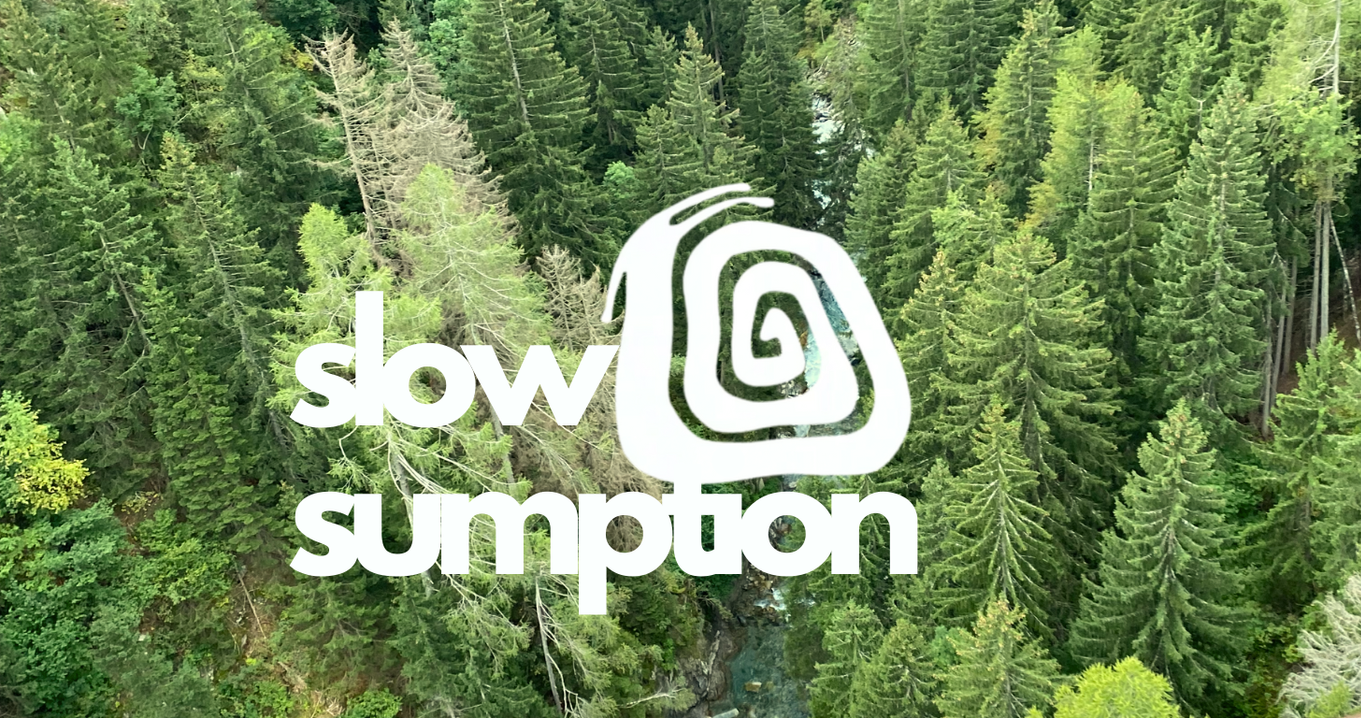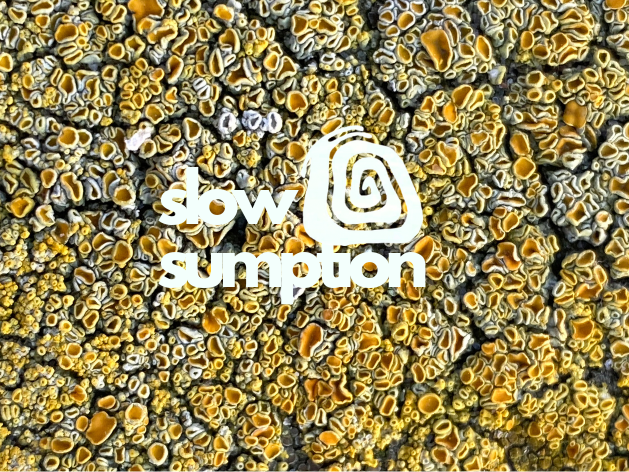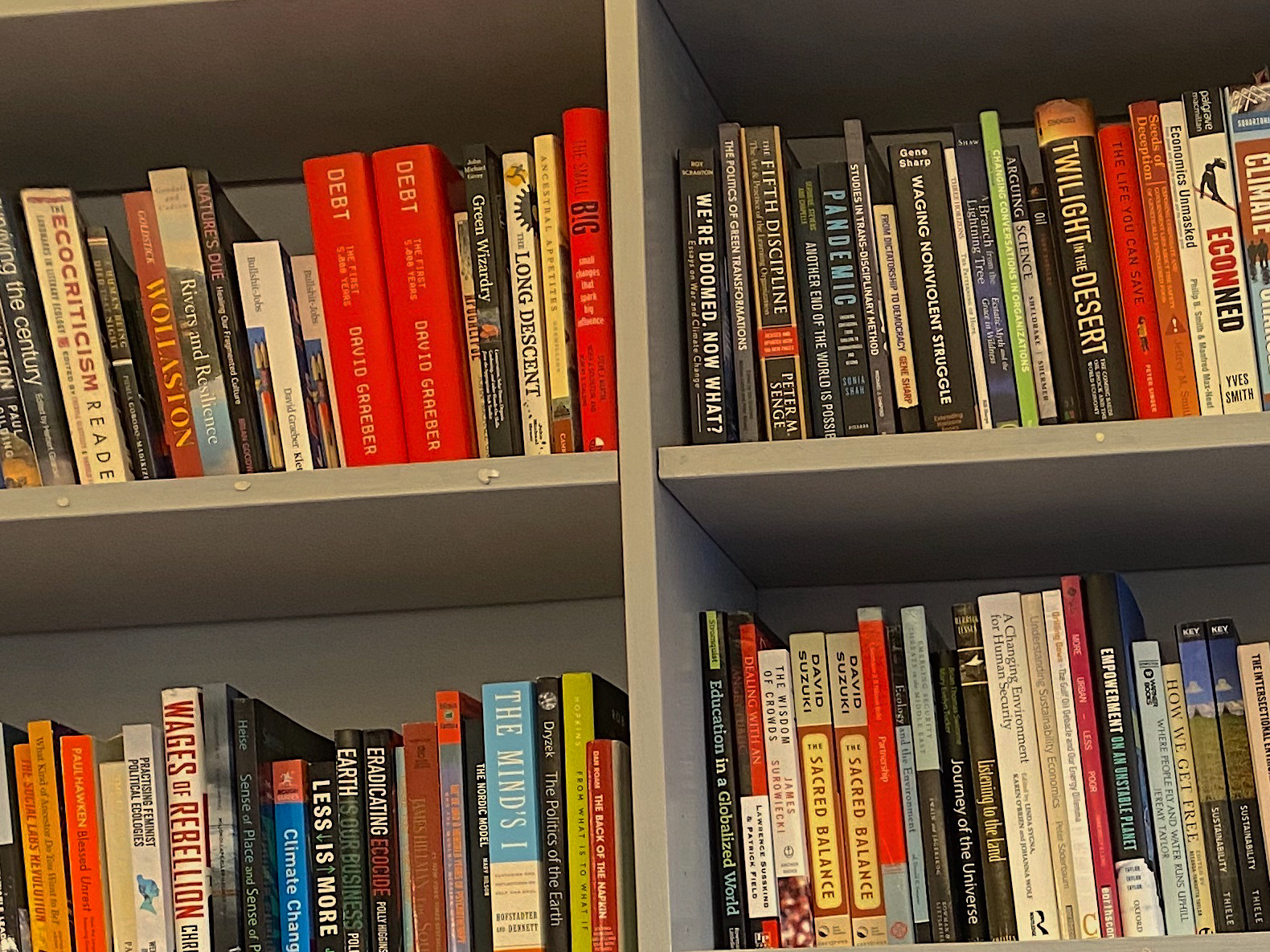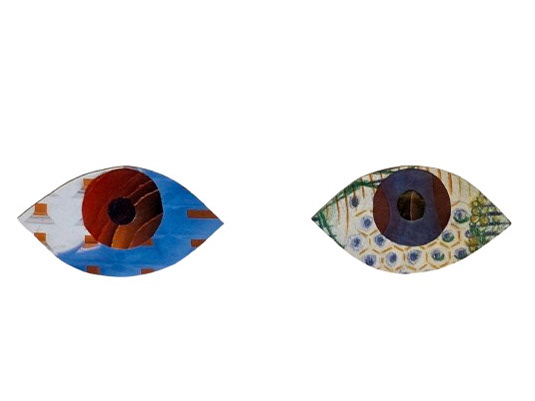The origin of Western consumerism could be understood from a historical perspective through the aftermaths of the two world wars. Encouraging people to consume goods was an effective tool to increase productivity and capital flow to recover the bleeding economy. However, the underlying economic theories and ideas from the 19th and 20th centuries which facilitated this transformation have stuck with us ever since and still shape the way we think and act. For instance, it would be fair to assume that most students taking part of any higher education at some point have encountered the famous Law on Demand by Stanley Jevons (1871) or the Circular Flow diagram of Paul Samuelson (1948). While increasing human life quality at the time, there is no secret that consumerism in the 21st century has caused devastating overexploitation of planetary resources while failing to fulfill basic human needs (Raworth, 2021). Maybe some of you would already agree that traditional economic theories, some of them over a hundred years old, have little to say about people’s needs in the world we live in today.
Consumerism is much more complicated than an economic solution. It’s a worldview intertwined in the fundamental structures of our society. Even though many of us are aware of the environmental risks posed by an abundant lifestyle, consumerist norms and societal structures are compelling our subconscious to maintain the status-quo. For instance, by advocating material substitutes for basic human emotional and social needs such as well-being, happiness, success and status measured by peoples' ability to consume. Advertisements of trending clothes and objects are for example directed towards human tribal instincts like searching approval for social inclusion and hoarding for future emergencies (Stibbe, Naish 2009). The problem is that the advertised products rarely fulfill these emotional needs and neither does today’s economic system. Instead, the economy has become an end in itself, an organism fed by our consumption and designed to prioritize its own survival before anything else (Raworth, 2021).
It's time to ask ourselves what values this economic organism serves. Looking closer at the traditional economic theories giving rise to it reveals an anthropocentric (human-centered) worldview where nature is seen as measurable, predictable and controllable by the superior human species. From this perspective, the value of nature is only regarded in terms of material resources that could be translated into quantified commodities. Meanwhile, intrinsic meanings of nature like the experience of being in nature and other lifeforms are neglected (Merchant, 2008). This is why so-called “green capitalism” is undesired. Because continuing to consume the same amount of products, even if they are claimed to be "sustainably made", will reinforce a system of consumerist thinking. Thus, the endless hunt for more material things that won’t fulfill our emotional needs will continue, only with a different, green label.
References:
Buller, A. (2022) The value of a whale on the illusions of green capitalism. Manchester: Manchester University Press.
Garrad, G. (2009) “Ecocriticism: the ability to investigate cultural artifacts from an ecological perspective” in The handbook of sustainability literacy : skills for a changing world. Totnes, UK: Green Books. Chapter 1.
Maiteny, P (2009) “Finding Meaning without Consuming: The ability to experience meaning, finding purpose and satisfaction through non-material wealth” in The handbook of sustainability literacy : skills for a changing world. Totnes, UK: Green Books. Chapter 26.
Merchant, C. (2008). Ecology (2nd ed.). Humanity Books.
Morris, D and Martin, S (2009) “Complexity, Systems Thinking and Practice: skills and techniques for managing complex systems” in The handbook of sustainability literacy : skills for a changing world. Totnes, UK: Green Books. Chapter 23.
Naish, J (2009) “Optimisation: the art of personal sufficiency” in The handbook of sustainability literacy : skills for a changing world. Totnes, UK: Green Books. Chapter 2
Raworth, K. (2017) Doughnut economics : seven ways to think like a 21st century economist. White River Junction, VT: Chelsea Green Publishing
Stibbe, A. (2009) “Advertising Awareness: the ability to expose advertising discourses that undermine sustainability and resist them” in The handbook of sustainability literacy : skills for a changing world. Totnes, UK: Green Books. Chapter 4.



